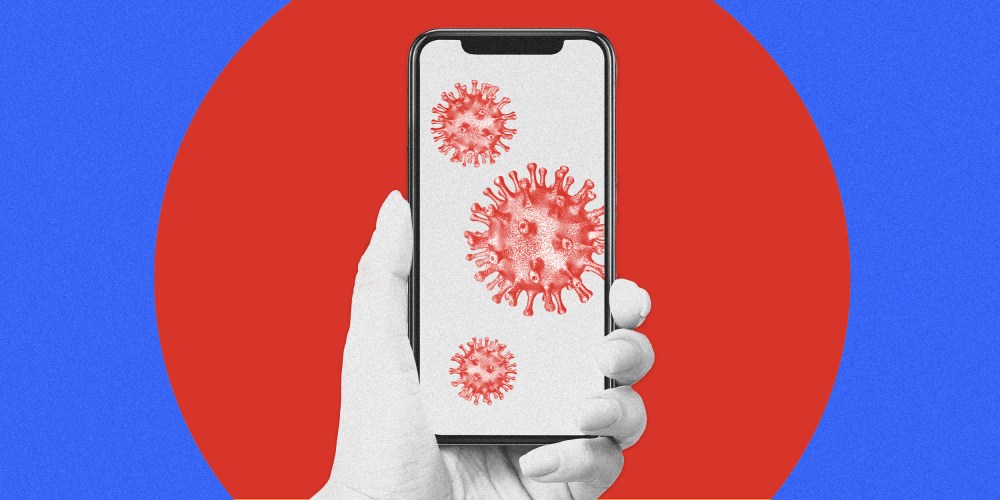A 62-person wedding in Maine. An off-campus college party in New Jersey. A White House Rose Garden press event. Superspreader events like these catch national and global attention, and it is easy to criticize people who irresponsibly flout Covid-19 safety protocols. But irresponsible mass gatherings are not the biggest problem with America’s abominable coronavirus response.
We do not have the government leadership necessary for the mass testing and contact tracing needed to slow the virus and save lives.
The reason why we are performing so much worse than most of the rest of the world in our national coronavirus response right now is simple: We do not have the government leadership necessary for the mass testing and contact tracing needed to slow the virus and save lives. This is also why digital contact tracing apps, a relatively new public health development, won’t do as much as we need to vanquish the virus, no matter how sophisticated the applications are. But if the government devises an effective national plan for digital contact tracing apps, they could be a key part of getting Covid-19 under control in the country.

Digital contact tracing apps face a two-fold challenge in the U.S.: First, not enough people are using contract tracing apps, likely due to privacy concerns (even though we now have applications that use tracing methods that don’t infringe as much on personal privacy). An Oxford study estimated that 60 percent of a country’s population needs to download and use the apps for them to really be effective. But in other surveys, only 29 percent of Americans said they’d be willing to do so. And only 14 percent said they trusted the government with their data.
Second, unless we develop a comprehensive national system, contact tracing apps are incredibly limited in their potential to track and contain the virus.
Since the U.S. does not even have a national testing program or a manual contact tracing program (unlike many of the nations that have successfully held the virus at bay, or that have recovered from early devastation), it falls on states, municipalities and independent organizations to run their own contact tracing operations. Even for states that have launched contact tracing app programs, effectiveness is stunted as long as one state’s app isn’t compatible with apps in another state. Currently, 14 states have launched their own contact tracing apps, mostly based on the leading digital contact tracing protocol developed by Google and Apple.

Although the U.S. has not demonstrated the political will to create a national contact tracing app, early initiatives by Apple and Google have resulted in some wins for digital contact tracing. To start, instead of cornering the market and launching full contact tracing apps on their own, the two big tech companies released their exposure notification tool openly, allowing other app developers to use the code to create their own contact tracing applications. Additionally, these open design protocols allowed for and encouraged the creation of what experts call “privacy-preserving” apps.
This means that instead of collecting large quantities of easily identifiable location data tagged to a person’s phone — as, say Google Maps, Uber and many other location-tracking services do —a privacy-preserving protocol instead tracks and shares encrypted proximity data based on Bluetooth signals.
Of course, even contact tracing apps developed with privacy-preserving protocols are not perfect; for example, Bluetooth signals can be faulty and incomplete, too. These flaws can be problematic for apps that use Bluetooth signals to track proximity (meaning tracking whether a person’s phone is close to another person’s phone).
An Oxford study estimated that 60 percent of a country’s population needs to download and use the apps for them to really be effective. Only 29 percent of Americans said they’d be willing to do so. And only 14 percent said they trusted the government with their data.
However, overall, proximity tracking poses far fewer risks for privacy than collecting location data does. A location-tracking app can, for example, track where you work, where you worship, and where you spend time with your friends and family. A location-tracking app can also track when you attend a political protest or a campaign event. A centralized database with the location history of all Americans would be vulnerable to cyberattack and create potential privacy risks for all, especially BIPOC people, LGBTQ people, and other people from marginalized populations. The beauty of the Bluetooth proximity tracking system is that we avoid collecting location data and also avoid storing sensitive data on one central server.













